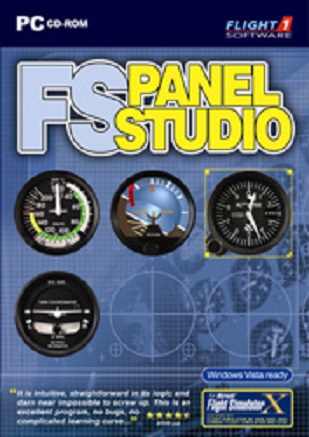stephan wrote:Hahahahaha! Brother Fozzer...
I remember you and I had about a 3 page discussion along with others that joined in about the good 'ol days of BASIC programming. If you can program in machine language,you shouldnt have a problem with any computer programming format,LOL! I had an ol' Commodore 128 with all the manuals and even picked up a huge book on machine language,and COULD NOT make heads or tails out of it. Looked like a bunch of typing by a lab chimp. At least BASIC made some kind of sense when one looked at it.But machine language?...sheesh!...that takes some kinda determination and patience to learn that stuff.However,and for those that dont know what we're talking about...I give machine language it's props.It IS quicker in response than BASIC.BASIC requires the system to interpret what it is being 'fed',while machine language "goes straight to the core' of the system,and the response is multitudes faster than BASIC. I sure wish I had the patience and understanding to learn machine language.Really miss programming old school.
Assembly language is CPU oriented by that I mean if you go to a different CPU you have to relearn assembly language because all of the address are different now.
Assembly is called a complex language because you have to tell it everything to do LITERALLY.
Basic was a non compiled language C++ is a compiled language which is why it is faster and it is just a fancy form of basic
Remember BASIC stands for Beginers All purpose Symbolic Instruction Code.
What make Assembly hard is knowing the address of all the registers and how to make room in memory for your program to run.
I used it on the old Timex Sinclair 8 bit system and loved it But when they went to a 16 bit CPU i could not use the same address as everything moved.
So if you change CPU you have to relearn where all of the address are at again. and completely rewrite you program.
Which what makes in a pain in the but .


 ...!
...!